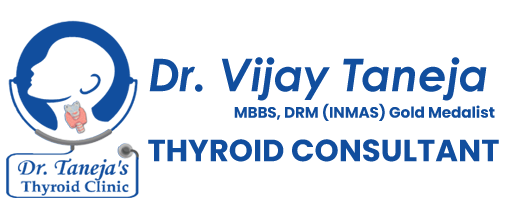

Thyroiditis is a broad term for inflammation of the thyroid gland, which can have various causes and present in several forms, each with unique features. This inflammation may lead to temporary or long-term shifts in thyroid hormone levels, impacting overall health.
Types of thyroiditis include:
Subacute Thyroiditis: Often following a viral infection, this type causes painful thyroid inflammation. It typically begins with a hyperthyroid phase, with symptoms such as palpitations, anxiety, and weight loss, and later shifts to a hypothyroid phase as the gland recovers.
Silent Thyroiditis: This painless type may lead to temporary hyperthyroidism, much like subacute thyroiditis, though the cause is often unknown. Symptoms generally resolve without long-term thyroid issues.
Postpartum Thyroiditis: Occurring after childbirth, this type can alternate between hyperthyroidism and hypothyroidism. While it usually resolves on its own, some women may develop ongoing hypothyroidism.
Riedel’s Thyroiditis: A rare form where thyroid tissue is replaced by fibrous tissue, causing a hard, enlarged thyroid that may lead to hypothyroidism and compressive symptoms.
Diagnosing thyroiditis typically involves a clinical evaluation, blood tests to check thyroid hormone levels (TSH, T4, T3), and imaging like ultrasound or thyroid scans to assess thyroid size and structure. In some cases, a fine-needle aspiration biopsy may be done to exclude other conditions, such as thyroid cancer.
Treatment depends on the type and severity of thyroiditis. For self-limiting forms, observation and monitoring may suffice. Pain and inflammation in subacute thyroiditis can often be managed with non-steroidal anti-inflammatory drugs (NSAIDs). If thyroid hormone levels are significantly impacted, hormone replacement therapy (levothyroxine) may be prescribed to address hypo- or hyperthyroid symptoms. In summary, thyroiditis includes various conditions marked by thyroid inflammation. The type and cause of thyroiditis influence its symptoms and treatment. Accurate diagnosis and tailored management are essential to balance hormone levels and relieve symptoms or potential complications associated with thyroiditis.